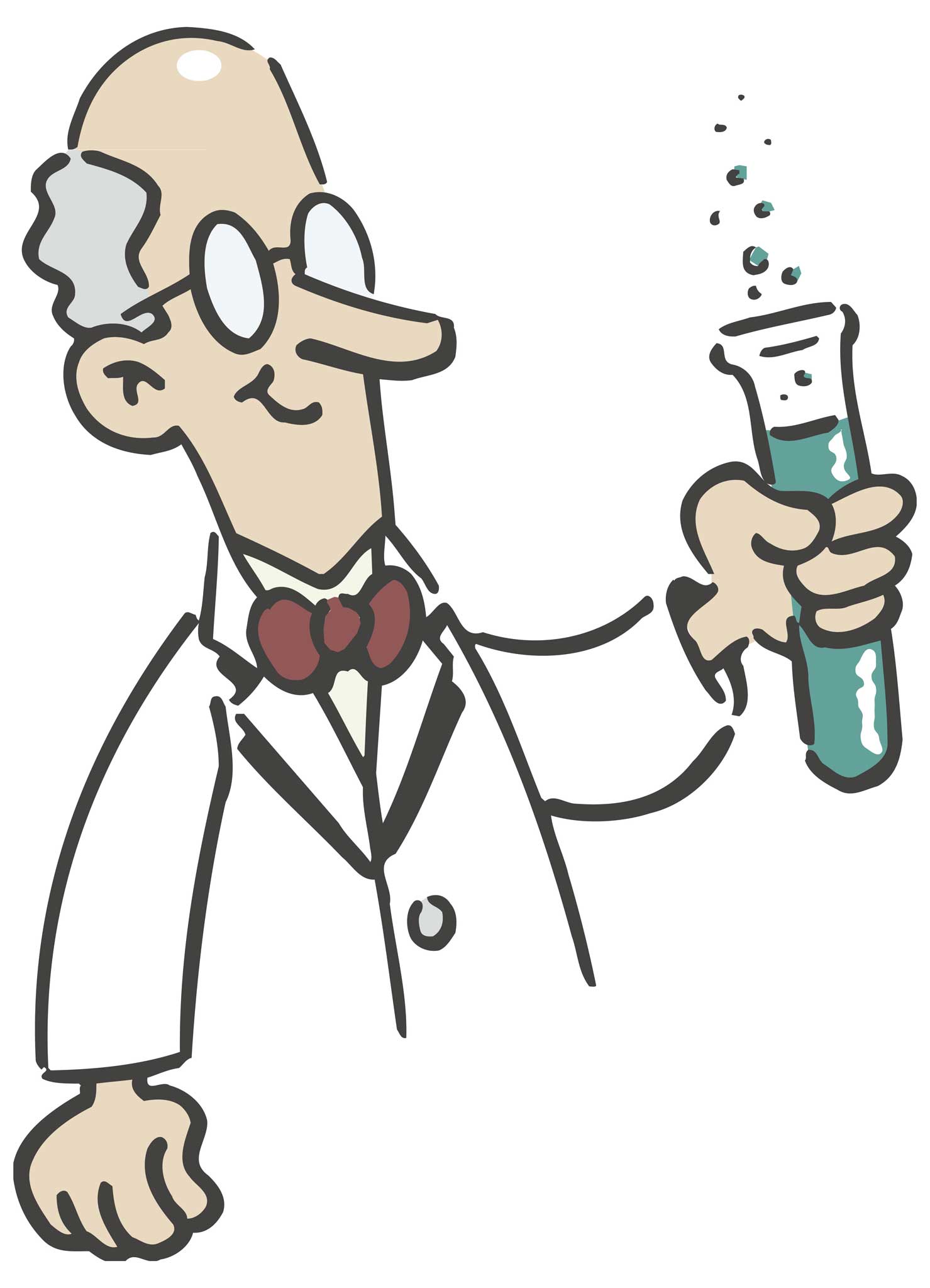The Top Ten: Invented words

Thanks to Paul Dickson for this collection. His book Authorisms: Words Wrought by Writers has just been published by Bloomsbury. To a word nerd (a word that first appeared in 1950 in Dr Seuss's If I Ran the Zoo, in which Gerald McGrew wants “a Nerkle, a Nerd, and a Seersucker too…”, for his collection) it is a delight.
1. Blurb
Gelett Burgess created a character called Belinda Blurb, who enthused about a book of his on its jacket in 1907.
2. Brainwashing
First used by Edward Hunter in a report for Miami Daily News in 1950.
3. Boredom
One could be a bore before 1852, but it was Charles Dickens in Bleak House who gave us an English word for ennui.
4. Cyberspace
First used by William Gibson in a short story in 1982, it became popular after reappearing in his sci-fi novel Neuromancer in 1984.
5. Chortle
Coined by Lewis Carroll in Through the Looking Glass, 1871, a blend of chuckle and snort.
6. Gobbledegook
Invented by Maury Maverick, a Democratic Congressman from Texas, who banned it in a memo in 1944: “Anyone using the words activation or implementation will be shot.”
7. Oxbridge
Originally it was a fictional university in William Makepeace Thackeray's novel Pendennis, 1848. Later used to describe Oxford and/or Cambridge.
8. International
First used by Jeremy Bentham in An Introduction to the Principles of Morals and Legislation, 1789.
9. Stereotype
Initially a printing plate, first used by Walter Lippmann in Public Opinion, 1922, to mean a simplified idea of character.
10. Scientist
Coined by William Whewell, replacing “philosopher”, in The Philosophy of the Inductive Sciences, 1840. He also invented “physicist”.
Next week: Great buildings.
Coming soon: Horrible buildings. Send your suggestions, and ideas for future Top 10s, to top10@independent.co.uk
Join our commenting forum
Join thought-provoking conversations, follow other Independent readers and see their replies
Comments
Bookmark popover
Removed from bookmarks